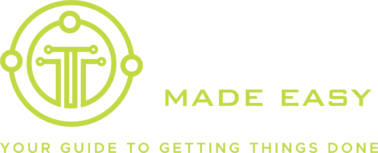Foundation co-founder takes on Leeds schoolchildren in programming lesson.
Farnell / Element 14 yesterday marked the receipt of their first batch of Raspberry Pi computers by hosting a “masterclass” taught by Raspberry Pi Foundation Co-founder Eben Upton.
Teenagers from a local Leeds secondary school were invited along to learn the basics on how to begin programming on the Raspberry Pi. At the end of the session each of the students received their own Raspberry Pi unit, free of Charge.
Ebon Upton had the following to say:
“This is a really exciting time as we get ready to start to send out the first batch of Raspberry Pi’s. I am really pleased today to have taken these youngsters through how simple it is to use the Raspberry Pi and I can only hope that they will get hooked on it and become the programmers of tomorrow. With all the advice and support available on the Element14 Community they should not be shy of trying new things, making mistakes and looking for help.”
While Chris Haworth, President of another arm of Premier Farnell, added the following:
“The amount of interest and buzz the Raspberry Pi has generated all over the world is immense. We are delighted that the first batch has arrived today and delivered to us by none other than Eben himself. The most important thing now is to get the Raspberry Pi out to customers and we have started doing that this afternoon.”
Along with the master-class, Element 14 announced that the first orders for Raspberry Pi had been fulfilled Friday, with further orders expected to be dispatched on Monday.
My order status still says “Mid-May” though, so some buyers may still be in for quite a wait.
The Raspberry Pi project was subject to two unexpected delays recently, firstly when an incorrect component was found to have been used, and secondly when it emerged that the Raspberry Pi Foundation had neglected to seek the correct electronic emissions certification.
The foundation believed that the Pi unit was exempt from the certification as it was to be used as a development device. Others argued that the device could also be used as a piece of consumer equipment, leading to it requiring a whole batch of tests to ensure that it wouldn’t break emissions laws.
It looks like the project is now back on track, with certified and tested boards on the way to customers hands. As soon as I get my hands on mine I’ll be writing up a full review highlighting some potential uses for the cheap as chips micro-computer.


